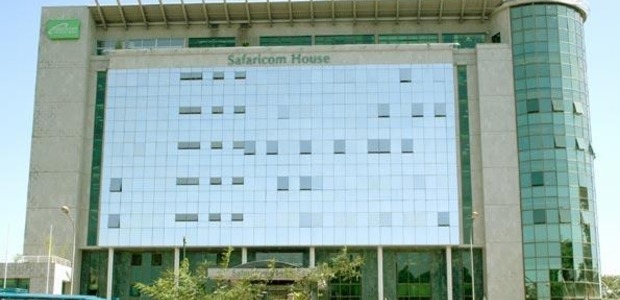advertisement
Safaricom clarifys position on withholding data in lawyer’s murder case
In a statement by Safaricom Director-Corporate Affairs Steve Chege, “Safaricom received a request from the National Police Service on 28th…

In a statement by Safaricom Director-Corporate Affairs Steve Chege, “Safaricom received a request from the National Police Service on 28th June 2016 to provide call records and SMS data for the three parties listed above. This data was provided to the NPS the following day (29th June,2016).The Directorate of Criminal Investigations confirmed receipt of this data in the court, stating that Safaricom had fully complied with the Court Order and given them what they needed.”
The statement further read that on 30th June 2016 Safaricom received habeas corpus application by the Law Society of Kenya and duly appeared in Court on 1st July 2016 as directed. During that court appearance Safaricom once agaun fully complied with Court Order to provide the information as requested and this was stated in court.
Safaricom provided IMEI history, subscriber data and M-PESA Records. The Court also took the same position that the company had complied with its orders.
advertisement
“It should be noted that some of tje requests that have been made of the company by LSK involve information beyond our control such as GPS tracking or investigation into activities on lines with other mobile networks. Safaricom has assisted in the past with investigations into other crimes where we can provide network information,” said Mr. Chege.
The move by Safaricom cames after lawyers accused Safaricom of suppressing potential evidence and wanted the firm to be directly compelled “to change its stance from a passive spectator to an active player in assisting with the investigations.”
According to The Daily Nation The Law Society of Kenya (LSK), through its representatives in the proceedings at the High Court said call and message data in Safaricom’s custody “should show the planning and execution” of the triple murder that shocked the nation.
advertisement
“There must have been some flow of information and the respondent holds this evidence,” said LSK Nairobi branch chair Charles Kanjama.
Mr Kanjama and Kirimi Guantai, also representing LSK, told Justice Luka Kimaru that the company had “deliberately omitted” data transcripts in a schedule they had requested for certain subscribers between May and June.
Initially, the telecommunications firm had requested Justice Kimaru to delink it from the proceedings but the judge declined stating that it had a role to play in the ongoing investigations.
advertisement
The firm, through its lawyer Stephen Kiptinness, invoked sections of the law which shields it from divulging information to third parties and expects the court not to order it to provide the contentious information.
However, Mr Kiptinness told the court that divulging SMS content is forbidden by the law and consumer protection regulations such that the company risks losing its licence if it breaches the provision. He said the law also forbids Safaricom to conduct call surveillance and to look at the content of SMSs.
The lawyers said that the company had given them printouts showing where certain calls originated from, but the same documents have no details showing where the calls went.
“The same document shows that messages went out from certain cell phones but the end point is not shown,” said Mr Kanjama. LSK also said that they had requested for data of the phones in question up to July 1, but Safaricom only provided a list up to June 26.
In addition, the lawyers also wanted the telco firm to assist in locating the cell phones owners who were in close proximity with the vehicle the murder victims used on July 23 between 8.00am and 4.00pm.
LSK lawyers accused Safaricom of taking an evasive approach by only fishing information from a principal data base without making any analysis or using necessary data tools to generate information useful to the probe.
The lawyer said that they had realised from previous investigations that “there has been a failure to employ all forensic tools to build a strong case to tie suspects to a crime especially where telephone service providers were concerned.”